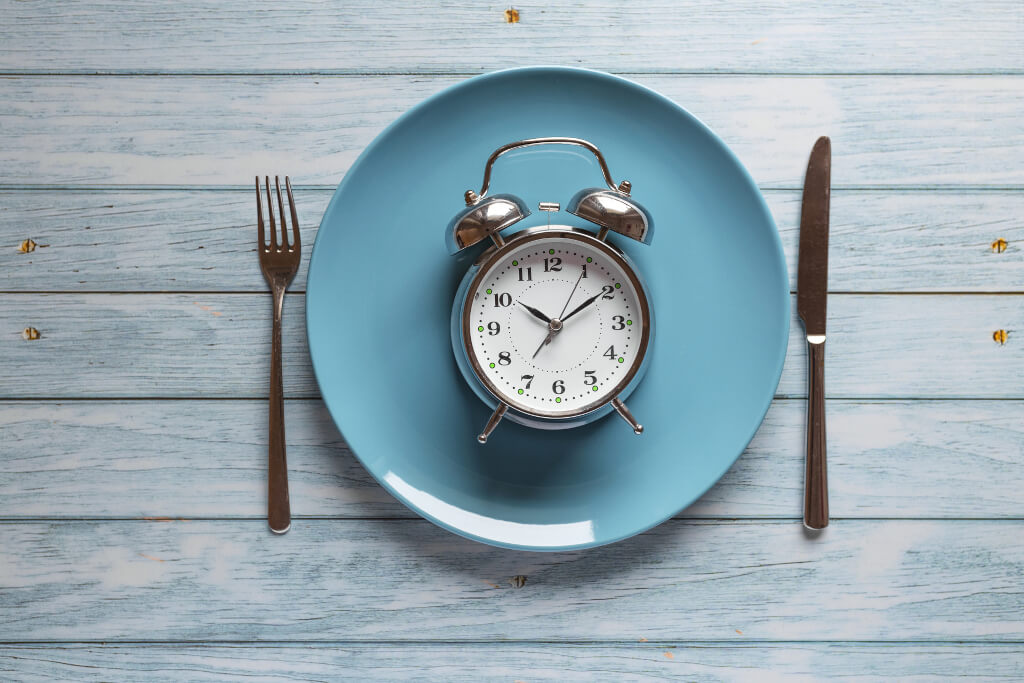The popularity of intermittent fasting has skyrocketed in recent years. It’s not just something that doctors and dietitians have been thinking about, but it’s been trending on TikTok as well.
It has been acclaimed as an excellent weight-loss technique and some data suggests it may reduce inflammation. It’s not a miracle cure for obesity, and it might not work for you. To help you make the best choice for your health and wellness, we interviewed Mary Sabat, MS, RDN, LD, the owner of BodyDesigns, and summarised the most important information concerning intermittent fasting.
Intermittent Fasting Entails What?
An eating habit that alternates between fasting and eating, as described by Sabat. It doesn’t tell you what to eat, only when to eat it. One of the advantages of intermittent fasting is that it can help you lose weight by limiting the time you spend eating. Weight loss experts at the Mayo Clinic have concluded that this is about as effective as a low-calorie diet. Extreme dieting An NFL player claims he dropped 100 pounds through “water fasting.” Professionals advise against taking the risk.
Is There a Recommended Interval Between Fasting Cycles?
According to Sabat, intermittent fasting can be done in a few different ways. She goes into great depth about them: The 16:8 approach consists of a daily 16-hour fast followed by an 8-hour eating window. This implies missing breakfast and ingesting all of your daily calories in a short period, say, between noon and eight o’clock at night.
The 5:2 diet is a weight loss plan in which you consume your usual number of calories for five days of the week and drastically cut back to roughly 500-600 on the other two. Each day of fasting occurs at a different time of the week. Fasting every other day is what the name implies for this strategy. You don’t eat anything, or you eat very little (about 500 calories), during fasting days.
Sabat thinks it’s up to the person to decide which one to follow. “The optimal time frame for you may vary according to your tastes and how your body reacts. A lengthier fast is recommended for men or someone who is extremely overweight and insulin resistant, although she prefers using a 14-hour fast with everyone.
Why Does Intermittent Fasting Have Drawbacks?
Sabat emphasises that intermittent fasting is not for everyone but can be helpful for some. Certain populations, including those who are pregnant or breastfeeding, have a history of eating disorders or have specific medical issues, should proceed with caution or avoid it completely. I consider factors like gender, age, level of physical activity, and stress to determine if the person is producing an adequate amount of cortisol. “Intermittent fasting has been linked to increased cortisol levels and subsequent weight gain, especially in women,” she says. There is a possibility of adverse effects from intermittent fasting. The Mayo Clinic warns that if you try intermittent fasting, you can experience the following side effects:
- Hunger
- Fatigue
- Insomnia
- Nausea
- Headaches
Ultimately, Sabat stresses that intermittent fasting can’t take the place of a healthy lifestyle. “Intermittent fasting may be worth considering for both health and weight loss goals, but it’s not a magic solution,” she explains. Consistent practice, in addition to a healthy diet and frequent exercise, may help improve some health indicators. However, everyone is different, so it’s best to incorporate it within a well-rounded healthy routine.
About The Author:
Jade Nkomo is a seasoned fitness and wellness journalist based in South Africa. With her expertise in physical health and passion for yoga and pilates, Jade translates complex fitness concepts into engaging, relatable content.




